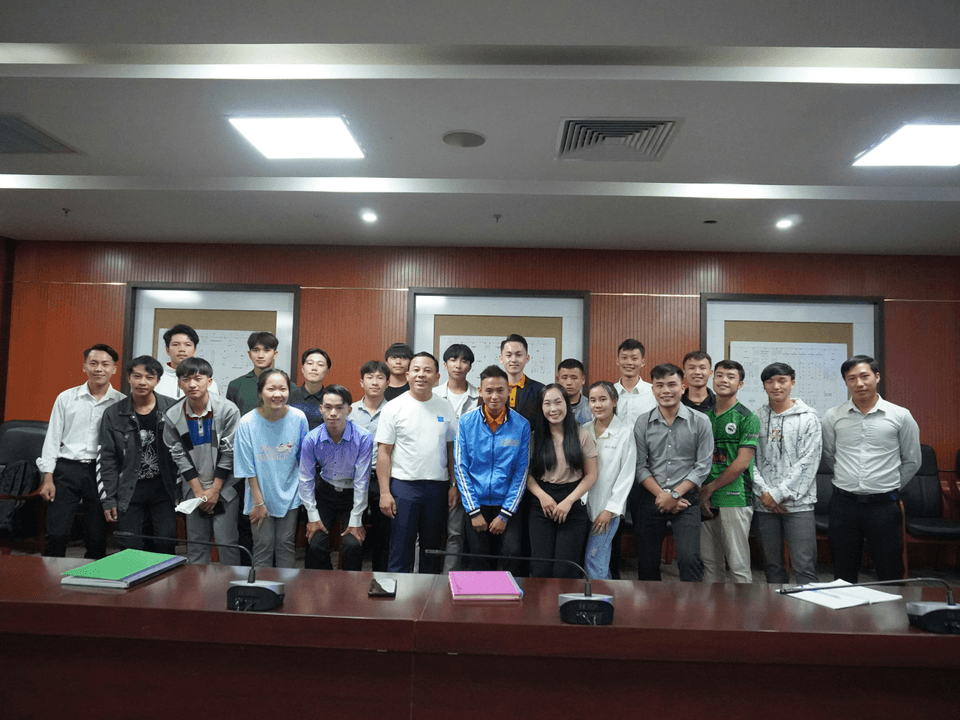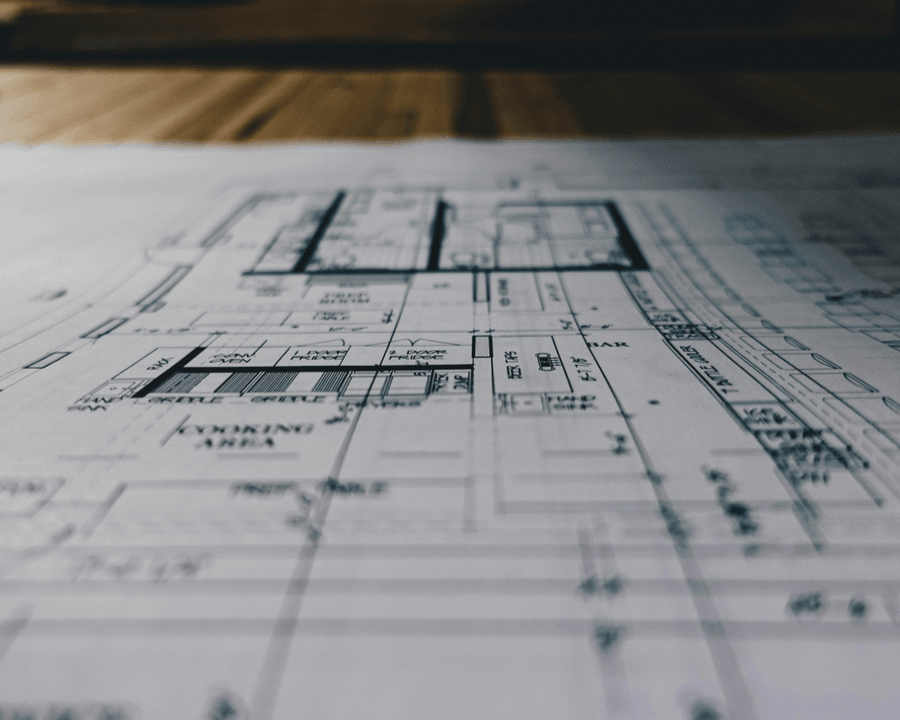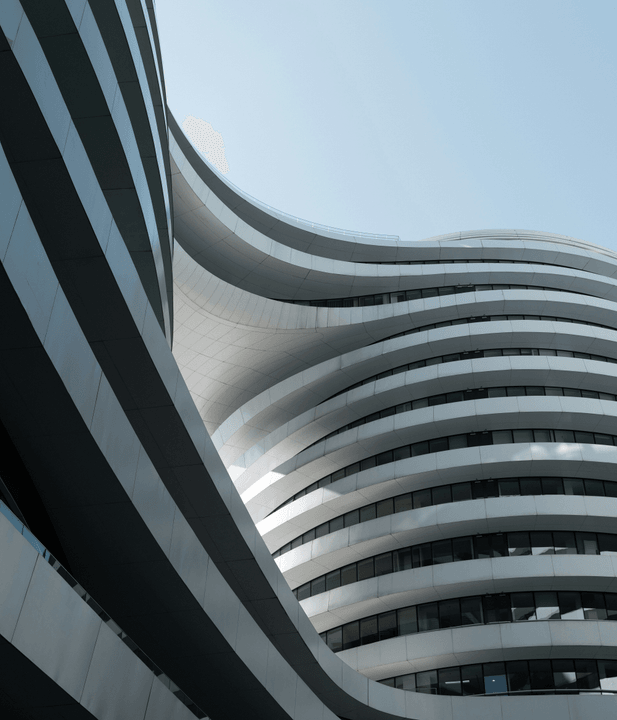
Ensure Compliance with International Codes
Partner with us for expert guidance and resources tailored to your architectural needs

Architectural voids
The slideshow reveals the integration of services into architectural voids, resulting in a stunning aesthetic concepts.
.




DesignAID
The Practice of Code Integration in Modern Projects
DesignAID Online Services Overview
DesignAID online services provide architects with comprehensive support to seamlessly integrate service equipment and maintenance solutions into projects, maintaining harmony with the project's conceptual and aesthetic vision.
By treating service equipment as integral design component, designAID elevates their role, transforming them into components that enhance the overall environment's aesthetics.
Professional Integration
DesignAID approaches service planning with a professional perspective, viewing them as opportunities for innovation rather than limitations (constraints).
Exposed Services in Design concepts
Exposed services, such as conveying systems (elevators, escalators), reflected ceilings, lighting systems, and air-conditioning units, are treated as aesthetic complementary components that contribute to interior architectural designs.
Technical Service Requirements
For purely functional technical services, designAID ensures careful planning of spaces to accommodate functionality, circulation, and maneuverability. Examples include and not limited to:
- Industrial kitchens, laundries, and cold storages
- Garbage collection areas
- Power generator rooms and PV battery systems
- Server rooms
- Water reservoirs, heaters, and domestic water treatment plants
- Wastewater treatment plants
- Swimming pool mechanical rooms
- Chillers and HVAC systems
- Storm drainage roofing systems
- Pumping facilities for landscaping irrigation systems
Adequate horizontal and vertical spaces, suchas shafts, ceiling voids, and raised floors, DesignAID support architects how it can be incorporated to ensure smooth operations and efficient maintenance of these facilities.
Interactive Training Workshops
Empowering Architects Through Knowledge
"DesignAID's online training program for effective implementation of international codes."
Join our workshops designed to demystify international architectural codes. Participants will gain essential insights into compliance requirements and best practices, enhancing their ability to navigate complex regulatory landscapes. "Participants are invited to send their personal information to 'aid@designaid.info' to arrange booking and scheduling for training sessions. Attendees are kindly requested to install 'ZOOM Workplace' in advance. The meeting link will be provided at the start of each session."Select date and time
Event time zone:Asia/Shanghai GMT+08:00Book NowCustomized Solutions for Architects
Meeting Unique Needs with Precision
Personalized Compliance Plans
We develop tailored compliance plans that address the specific needs of your project, ensuring that all aspects of design and implementation are aligned with international standards.Specialized Advisory Services
Our advisory services are customized to fit the unique challenges of your architectural practice, providing expert guidance and support tailored to your specific project requirements.Project-Specific Consulting
For projects with unique compliance challenges, we offer project-specific consulting services that provide in-depth analysis and recommendations to ensure regulatory adherence.










